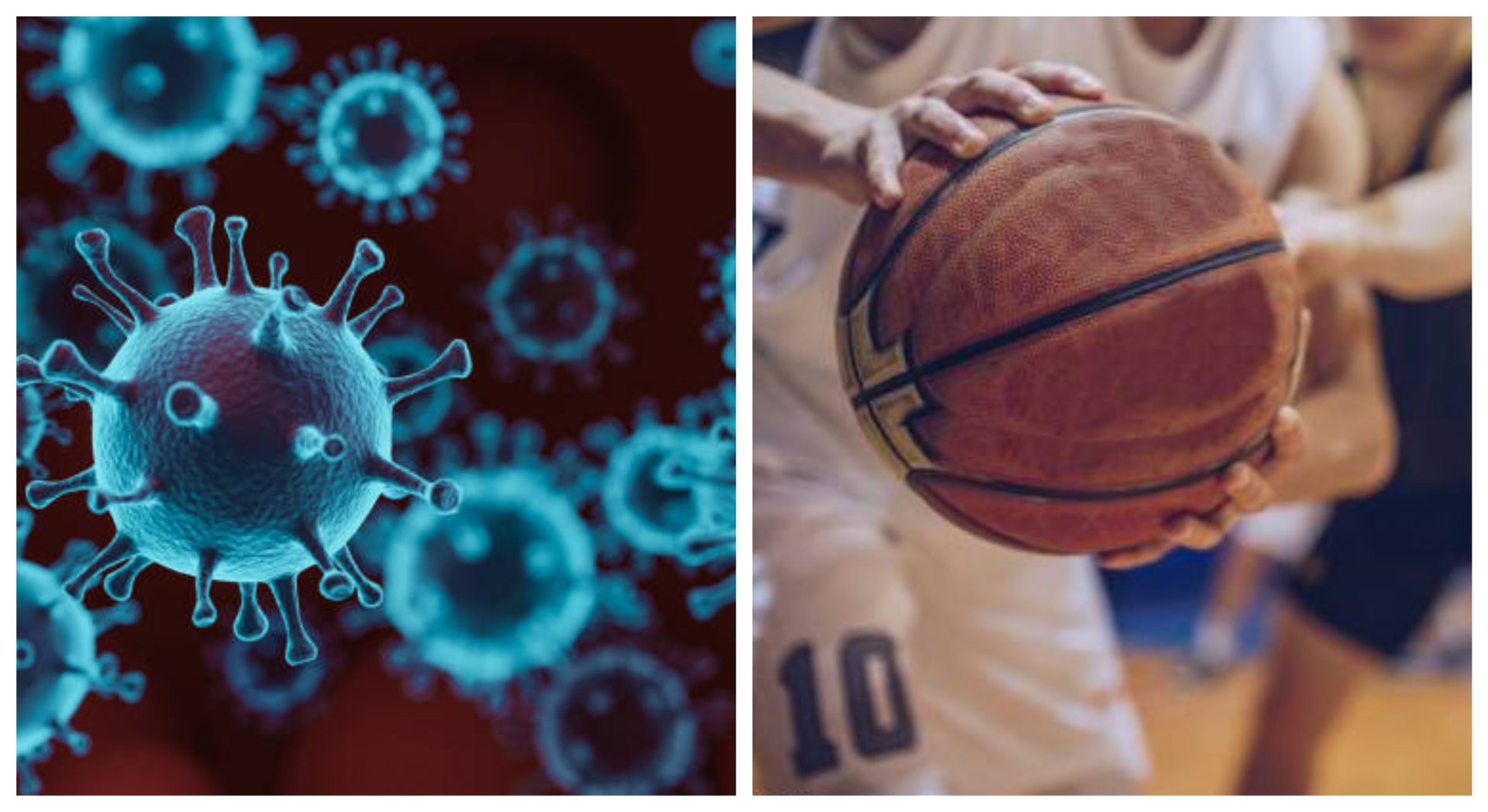It has been one years since the COVID-19 pandemic made its impact on world sports, and the sportspersons.
From being the major reason behind cancellation of several sports tournaments and events, the virus was contracted by thousands of athletes across the world. While the global sports fandom was able to resume activity in presence of safety precautions and social distancing measures, the cases among athletes continued to prevail.
Amidst the general population, a total of 116 million positive cases have been registered, While vaccines are being administrated in singular doses among the masses, the impact of sustaining COVID in the body has been a matter of concern for the medical world.
There have been studies on short-term and long-term effects after recovering from COVID-19. While the lung can suffer the most due to the development of scar tissues and breathing troubles, there have been instances where the brain and heart have seen taking damage from the presence of the virus in the body as well.
The aforesaid became a concern for those that take sports professionally, and need to have peak physical performance in their work field. While pro athletes returned to playing after they recovered from COVID-19, the woe of the lasting damage it can leave behind, gave birth to the biggest study done on the effects of the virus.
The study, conducted by six major professional sports leagues (the NBA, NFL, MLB, MLS, NHL, and WNBA) and published by JAMA Cardiology on Thursday, observed 789 professional athletes (777 male) from the sports leagues in the United States of America, who had contracted the virus between May to October 2020.
Less than one percent athletes developed inflammatory heart disease from COVID-19
The study involved 16 doctors, with ten of them having affiliations with the aforesaid six sports leagues. The average age of the athletes was 25, and the tests were performed by medical professionals either affiliated with their respective teams or elected by them.
The study protocol was approved by the institutional review board of Columbia University Irving Medical Center, while the compendium of the cardiac data and their distribution received the green light from the Players Association of the six leagues.
460 of the athletes (58.3%) had a history of COVID-19 symptomatic illnesses, while the rest 329 (41.7%) were either asymptomatic or had minimal symptoms. The subjects were put through troponin testing, electrocardiography (ECG), and resting echocardiography following positive COVID testing, while cardiac magnetic resonance imaging and/or stress echocardiography were performed on those returning irregular screening test results.
Interestingly, only five out of the 789 athletes (less than 1%) had developed inflammatory heart disease, revealed via cardiac magnetic resonance imaging findings. Three of them had myocarditis, while the rest two had pericarditis.
Although, as none of the 789 athletes had any history of cardiac MRI imaging, the results were not subjected to any comparison to conclude if the inflammatory heart diseases were directly correlated with COVID-19 infections.
The five athletes who developed the inflammation were all COVID-19 symptomatic and will continue to be monitored via MRI tests to see if the heart issue persists in the future or goes away. They were however retained from resuming playing as per recommendation by the medical experts.
“There was a lot of controversy about how to interpret these cardiac MRI studies and really what the meaning of these findings were,” said Dr. David Engel, a Columbia University Irving Medical Center cardiologist and one of the lead authors of the paper, “this study had a very clinically relevant approach. Patients who tested positive went through the recommended screening from the American College of Cardiology.”
“It was only after there were abnormalities that we went on for further testing. Using this step-wise approach, we found what we considered to be clinically relevant incidents of myocarditis and pericarditis to be quite low,” Dr Engel added.
The study, although couldn’t clarify if even those five cases of inflammatory heart issues were direct results of COVID-19 contraction, makes it clear that while the virus can bring forth heart troubles in regular persons, professional sportspersons need not sweat about developing cardiac issues after a positive test.

